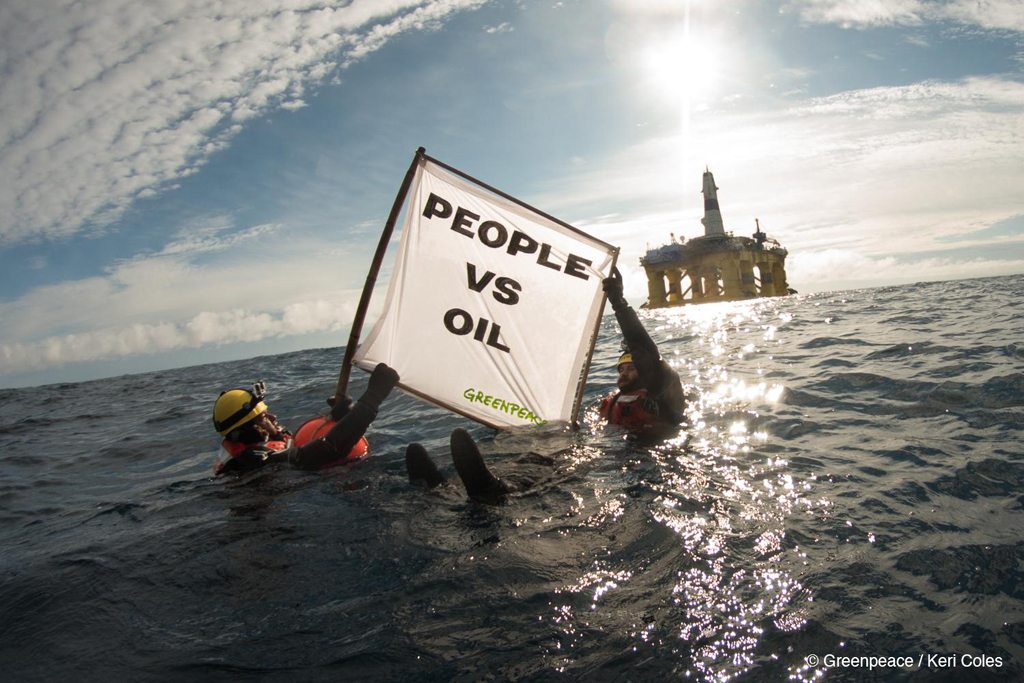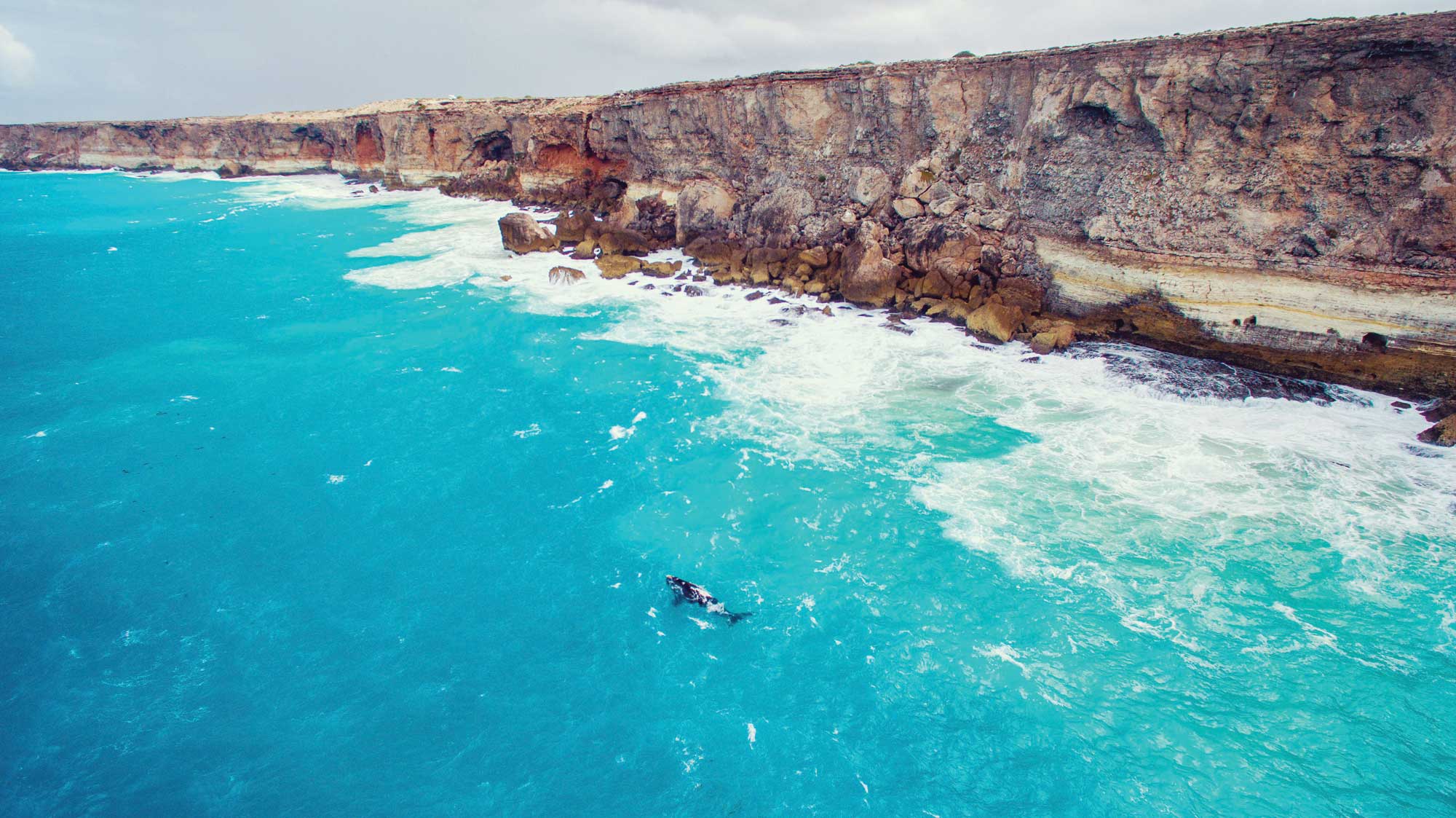How do you know when a tax regime isn’t working? When industry demands that it be kept as is! Major oil and gas producers have called on the government to resist demands to tighten up Australia’s primary tax on oil and gas, the Petroleum Resource Rent Tax (PRRT). Greenpeace Australia Pacific and the Tax Justice Network have argued that it is time to end the industry’s free ride.

What is the PRRT?
The PRRT is a super-profits tax on oil and gas projects. It was introduced by the Federal Government in the late 1980s. It was originally intended to help ensure that Australians receive a fair return from the development of non-renewable resources. Unfortunately, it has become clear in recent years that it isn’t working. In 2014-2015 only 5% of oil and gas companies paid any PRRT.
Ain’t no party like an oil and gas PRRT
How is this possible? Over the years, companies have successfully lobbied for a number of changes to the regime that allow them to avoid paying the tax for long periods of time, if not indefinitely. Companies can write off exploration and other costs against revenue. And if they spend more than they have earned, the balance will be “uplifted” or carried over to the future with an increase in value. The industry has accumulated so many of these deduction credits that it can pocket sales of $238 billion before having to pay any PRRT. And that mountain of credits continues to grow.
Despite all this, Chevron argues that the regime “is working as intended and designed”. Of course the company would say that: Chevron is unlikely to pay any PRRT on its huge Gorgon Project – one of the world’s largest natural gas projects and the largest single resource development in Australia’s history – for at least two decades.
But the industry pays lots of other taxes, right?
While the industry likes to argue that the PRRT is only one of many taxes that they pay, the record doesn’t back this up. We know that at least for the past two years (when the ATO has made company tax payments public) neither Chevron nor Exxon paid any income tax.
What is the Government doing?
Both major parties have finally recognized the need to review the taxation of oil and gas companies after pressure from Greenpeace supporters (10,423 people signed a petition last year calling for an inquiry) and the Tax Justice Network. Labor wants to include public hearings on the PRRT in the ongoing Senate inquiry on corporate tax avoidance. Last November, Treasurer Scott Morrison launched a separate review led by Former Treasury official Mike Callaghan.
What is Greenpeace doing?
Greenpeace Australia Pacific has made a submission to the Treasury review which makes the following arguments:
- The overly generous uplift rates for exploration (allowing companies to accumulate a mountain of PRRT credits) constitute a fossil fuel subsidy and should be phased out in line with Australia’s international commitments (e.g. in the G20);
- The government should not be subsidising further exploration for new oil and gas reserves as the majority of known reserves need to be left in the ground in order to meet the targets set in the Paris agreement;
- BP has received extra PRRT “frontier area” credits for a risky exploration program in the Great Australian Bight – the company should not be permitted to transfer these credits to other projects;
- It is ludicrous that the PRRT is a “voluntary” regime that relies on self-reporting – oil and gas companies can’t be trusted to pay their fair share.

BP has received extra PRRT credits for a controversial exploration program in the Great Australian Bight
The PRRT review will report back to the Government in April.

